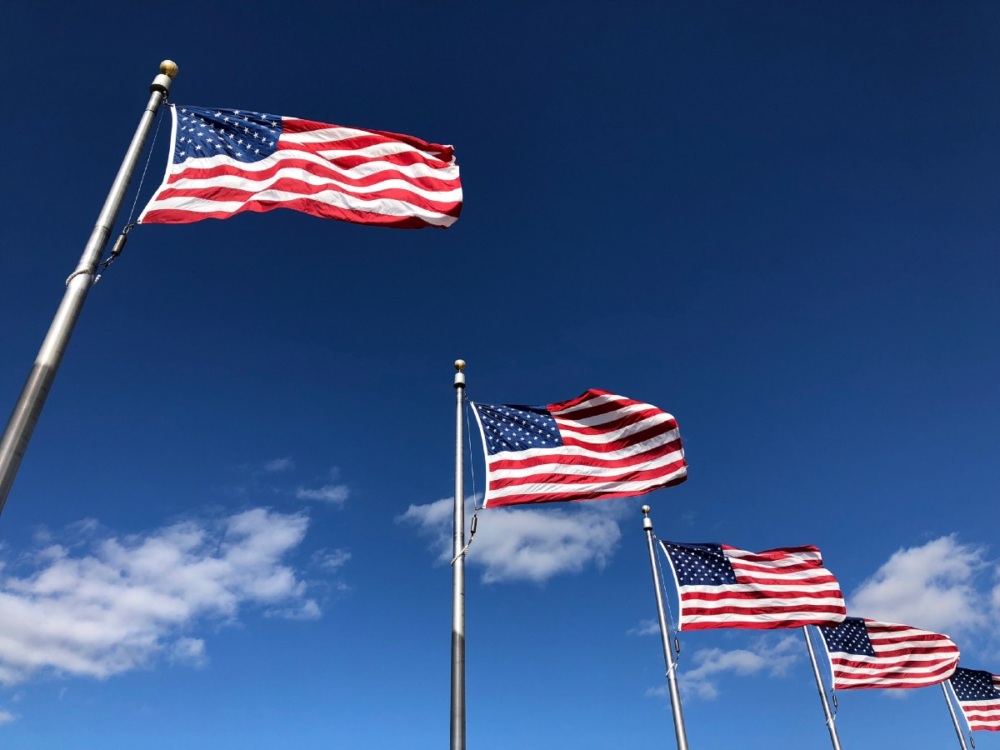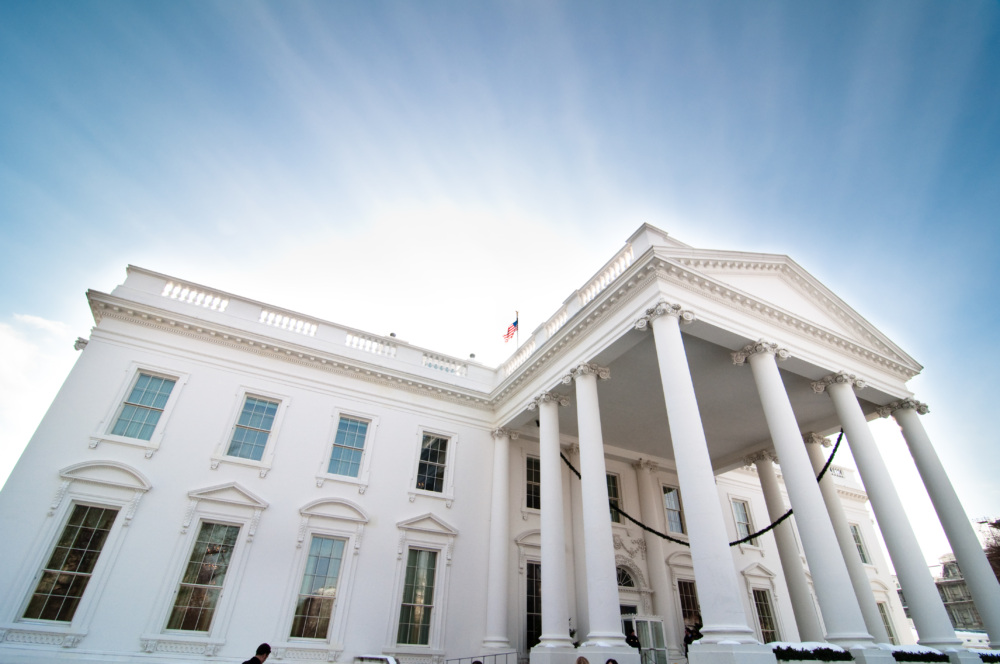

The global pandemic starkly punctuates the flawed systems in our country that perpetuate racial injustice. The virus threatens everyone, yet it doesn’t threaten us all equally; COVID-19 has disproportionately affected Black communities across all measures.
This is not one pandemic, but two. Both are great perils to our nation; only one is human-made, and it has been raging for centuries. The killings of George Floyd, Breonna Taylor, Ahmaud Arbery, Tony McDade, Nina Pop, Rayshard Brooks, and countless others, have refocused national attention on America’s shameful and persistent history of systemic racism. Like all of you, we are outraged, sickened, and called to act. Acknowledging that we approach this work from a place of privilege, we walk with those against racial injustice, not just with a hope that it will be different this time, but with conviction to rebuild our failing society.
We see these entrenched inequities in our work. Black communities suffer excessively — not only from police violence, but from mass incarceration, socially determined poor health, multigenerational poverty, and unequal educational and economic opportunity. The impacts of racist policy are deep and intractable: segregation of neighborhoods, an astounding racial wealth gap, and continued racial bias, leaving Black women more likely to die in childbirth and applicants with Black-sounding names less likely to get job interviews.
At Social Finance, our primary lever for change is creating and guiding dynamic partnerships to redesign these systems and produce more equitable, durable results. Now more than ever, we’re compelled to build back better.
We work with exceptional partners who collaborate closely with communities to build resilience and opportunity and fight racial injustice. Their work gives us hope. Among them are:
- The Nurse-Family Partnership (NFP), one of the most powerful models we’ve seen to break cycles of intergenerational poverty, is dedicated to creating better outcomes for Black mothers, who are three times more likely to die from pregnancy-related causes. Since 2016, we’ve partnered with NFP and the state of South Carolina to bring the model state-wide to more than 3,000 families.
- General Assembly is focusing on increasing access to training for Black students. In a nation with stagnating economic mobility, the Career Impact Bond we launched together unlocks access for students to gain IT skills and participate in the new economy, while avoiding decades of student loans.
- The Center for Employment Opportunities, our longstanding partner in our first Social Impact Bond, is developing programs that shrink the justice system, reduce the economic burdens of justice involvement, and invest in Black communities.
- Ventura County, California is publicly committed to “safety, belonging, justice, equity and peace.” We’ve seen it firsthand: In 2017, we partnered with the county and leading community provider Interface Children & Family Services to launch a Social Impact Bond to reduce recidivism.
We need urgent, broad, and enduring action to address centuries of racial injustice. Our partners are leading the way. At Social Finance, we work with our partners across sectors to realign incentives and risks, harness data to make programs better, and drive public funds toward positive outcomes.
We can’t achieve our mission without counteracting deep racial inequities. Building on our existing Diversity, Equity, and Inclusion (DEI) efforts, last month we gathered for a full day as a team to reflect and discuss how we, as individuals and members of Social Finance, can make change. As a firm, we commit to:
- Proactively address racial inequities in our work with partners. We will further highlight disparities through analysis, measure them in evaluation plans, counteract them in performance management processes, and ultimately rewrite compacts to hold stakeholders across the system accountable.
- Intentionally amplify the voices of people who are impacted by systemic racism. This will require a broad rethinking of how we assess need, who is involved in our design process, how we devise and align incentives, and how we can be more proximate to lived experience in our daily work.
- Strengthen diversity within our team. We will follow through on our commitment to increase Black representation on our staff and our board.
- Reassess our vendors and suppliers. We will leverage our spending power and actively pursue inclusive and diverse relationships.
The 60+ people who work at Social Finance are deeply invested in the long and intentional work ahead. This is a time for outrage. This is a time for reimagination. And this is a time for action. As we approach July 4th, we will rise to this moment with boldness and grit, and commit to remaking a nation marked by universal dignity and equitable opportunity — the America we need.
Related Insight

Improving Federal Policy for America’s Children
As SIPPRA advances effective programs, it could inform a broader approach to public budgeting that drives limited public resources to highly effective interventions and approaches. Federal programs could then invest in a more coordinated fashion…

Here’s How the White House Can Improve Government Data Collaboration
Social Finance responded to The White House Office of Science and Technology Policy's (OSTP) request for input on how the federal government might encourage equitable data collaboration.